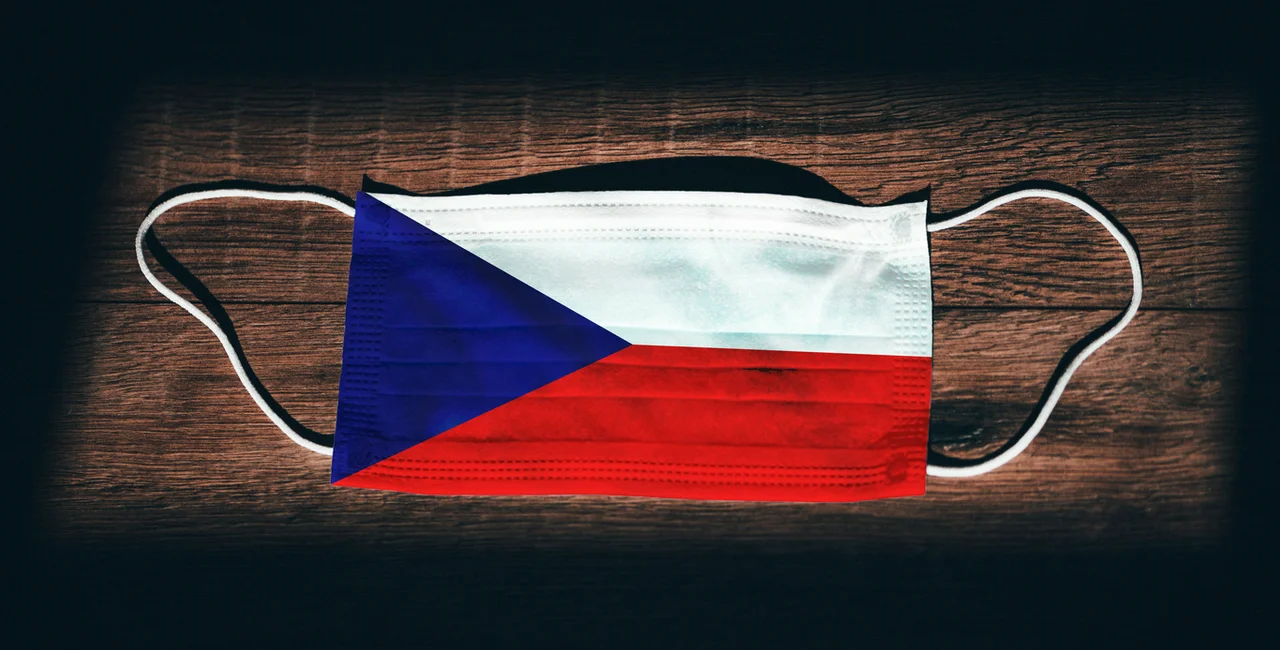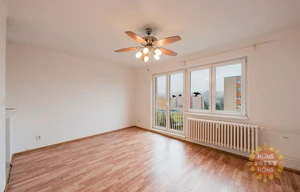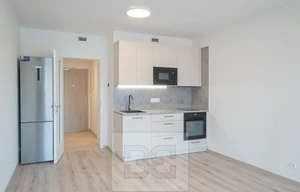Prague, June 28 (CTK) – The current rise in the number of COVID-19 cases in the Czech Republic is not a second wave of the epidemic, but it is largely caused by a higher coronavirus infection incidence at the OKD company in the Karviná district in north Moravia, Health Minister Adam Vojtěch (ANO) told CNN Prima News on Sunday.
His partner in the TV debate, Chamber of Deputies health committee deputy chairman Bohuslav Svoboda (Civic Democrats, ODS) agreed with Vojtěch in this respect.
Roman Prymula, the new government commissioner for research in health care, said in a discussion on public Czech TV (CT) today that it would have been the second wave of the epidemic if a similar rise in the number of infections as in the Karviná vicinity had appeared across the whole Czech Republic.
“This is no second wave from our point of view. Since we have been conducting massive testing in the most afflicted area now, the Karvina locality […] It concerns primarily the OKD premises,” Vojtěch said.
There were 122 new COVID-19 cases confirmed in the Karvina district alone on Saturday, he added.
Prymula said the higher coronavirus incidence was recorded in the Moravia-Silesia Region at the moment. “We must prevent the infection’s further spread,” he said in the Questions of Václav Moravec program on CT.
Despite a higher daily rise in the number of people infected with COVID-19, the number of those hospitalized with the disease has been constantly dropping in the Czech Republic, which means that the infection has not spread to risk groups, Prymula pointed out.
A second wave of the epidemic burst out in Israel where the numbers of new infections started rising after the relaxation of the lockdown measures, Prymula added. On Saturday, Israel recorded 621 new cases, according to the Worldometers server, while after the anti-epidemic restrictions were introduced, the daily incidence dropped to one-digit figures.
According to the Health Ministry’s data published this morning, the share of the new COVID-19 cases in the number of tests tripled in Czechia to almost 11 percent on Saturday as against Friday and has been the highest since March 10, when the epidemic burst out in the country.
Compared to Friday when more than 4,300 tests were conducted, their number dropped to 2,365 on Saturday. On the contrary, the number of new coronavirus cases rose by more than a half to 260 on Saturday (compared to 168 confirmed on Friday), which has been the highest daily rice since April 8.
Vojtěch said today that the planned further relaxation of the anti-epidemic restrictions as of July 1 would not apply to the Karviná district.
“On the contrary, we are planning to tighten the measures there to a certain extent,” he said. This might concern mass culture and sports events, where the ministry would like to limit the attendance to 100, compared to 1,000 in the whole Czech Republic. Consequently, the maximum number of participants in indoor and outdoor events would lower from the current 500 to 100 in the Karviná area.
PM Andrej Babiš (ANO) said on Facebook today that extraordinary anti-coronavirus measures would be be valid in the Karviná and other towns and villages in the Karviná and Frydek-Mistek districts as of Tuesday. He said pubs would open from 8:00 instead of 6:00. He told CT that cross-border commuters fro work might be tested for COVID-19.
Vojtěch told CT about the planned blanket testing of employees and new clients of hospitals and social care facilities in part of the Moravia-Silesia Regions to prevent further outbreaks. Face masks will still be required in the interior there, he added.
On the contrary, wearing of face masks may no longer be mandatory in Prague public transport means except for metro as of July 1, Babiš told CT, praising the epidemiological situation in Prague on Facebook.
There is a certain rise in the new coronavirus cases in other localities as well, but amounting to 10-15 cases only, which is no escalation, Vojtěch noted. “There is no across-the-board increase in the whole country,” he said. The number of new confirmed cases has been decreasing in the capital of Prague, for instance, he added.
“I suppose that this is a normal development that could be expected,” said Svoboda, a physician by profession, adding that this was not the second wave of the epidemic.












 Reading time: 3 minutes
Reading time: 3 minutes 































